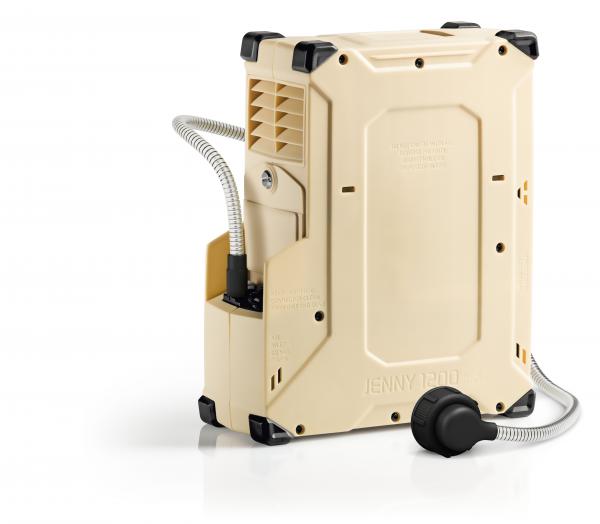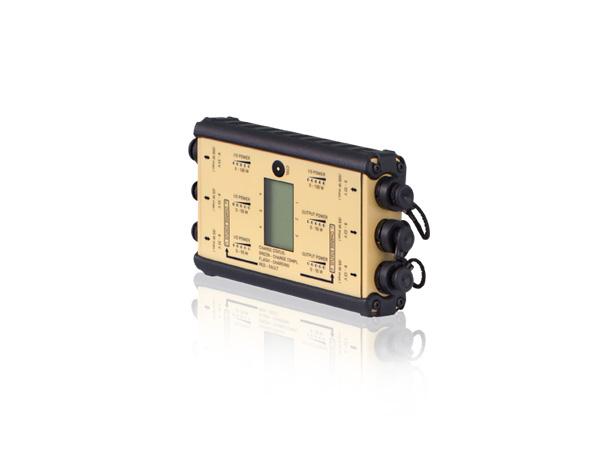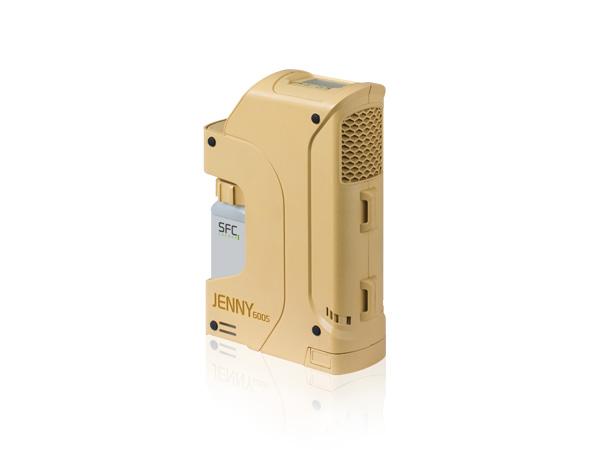The Application
The increasing deployment of electronic equipment for soldiers in the field – from night vision goggles, computers, communication devices to GPS and sensors – has increased the military’s need for lightweight, reliable and portable electrical power supplies away from the grid.
The Challenge
Batteries are often the solution of choice. Batteries for different devices have to be replaced or recharged, requiring frequent interruptions to the missions, complicating logistics as well as adding weight to the soldier’s equipment. Meeting the power demands of advanced equipment requires a more sophisticated approach than offered by batteries alone.
The Solution
By combining the intelligent power solutions JENNY 1200 or JENNY 600S and the SFC Power Manager 3G, a highly efficient energy network is created. JENNY plus SFC Power Manager will recharge several batteries and power various equipment, all at the same time. The SFC solution establishes an energy network that delivers a maximum of power and flexibility at a minimum of weight.
The portable JENNY 1200 fuel cell is an addition to the JENNY series that is already field-proven and has been used by the German Armed Forces (Bundeswehr) for years. With a nominal power output of 50 Watt, the multi-award-winning DMFC (Direct Methanol Fuel Cell) technology of SFC Energy for defense and security applications ideally extends the successful product portfolio of the already with NATO stock number introduced JENNY 600S (25 Watt) ideally. JENNY 1200 is in use with international defense organizations.
The Benefits
- Easy handling: The energy network is interoperable with all standards. New equipment can be integrated by exchanging a single cable.
- Highly efficient and lightweight battery recharging device: Intelligent and configurable power management reduces the overall weight of the power system significantly while increasing the efficiency of the operation at the same time.
- Enables energy harvesting from different sources: The SFC Power Manager 3G enables soldiers to make optimum use of available power sources in the field including batteries, vehicle power, solar and, of course, fuel cells.
- Weight reduction up to 80 %: On a 72-hour mission, the weight burden of a soldier can be reduced by 80 % in comparison to only having batteries as a power supply. This has been proven in real life scenarios.





